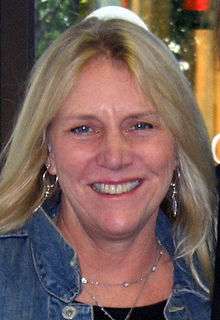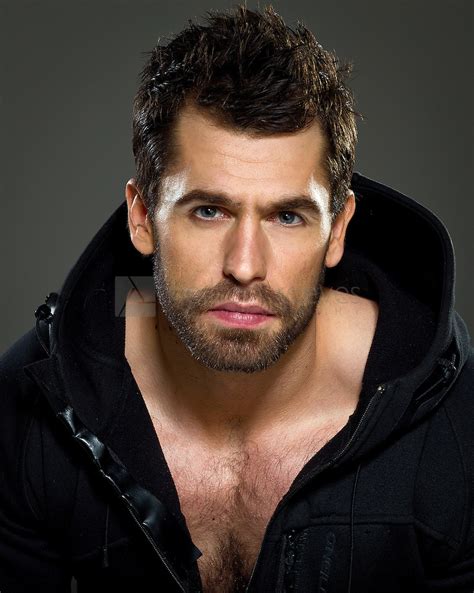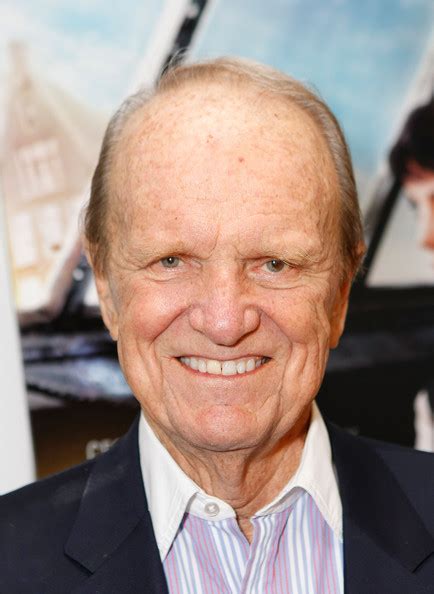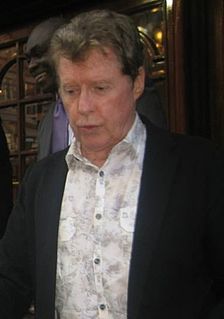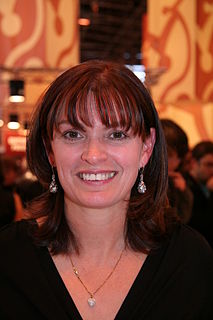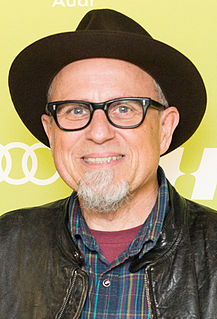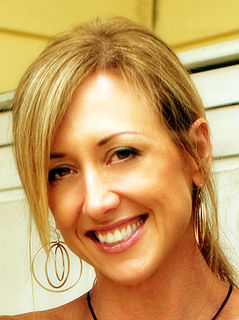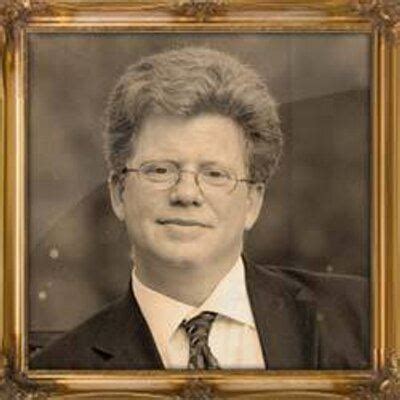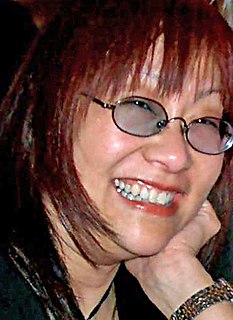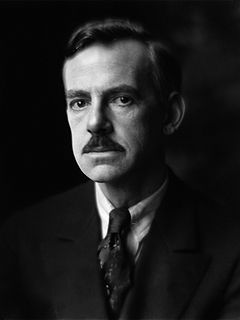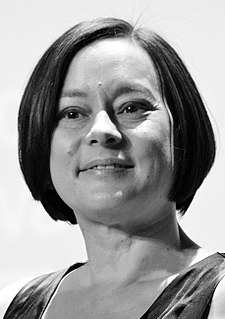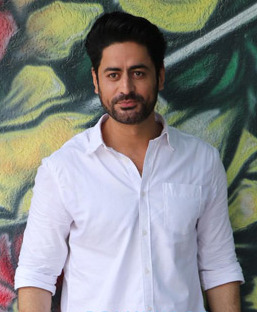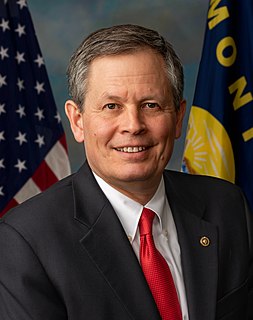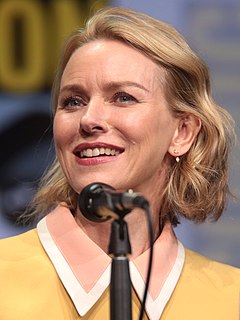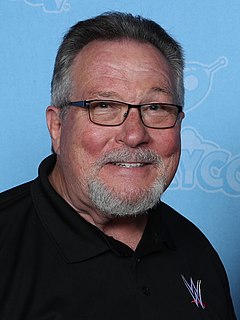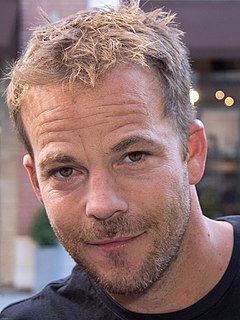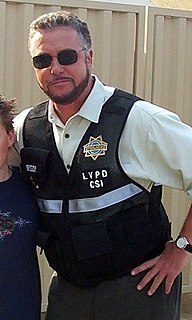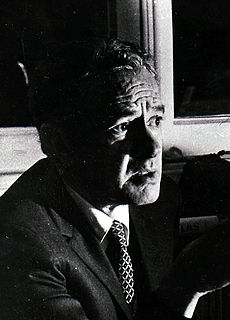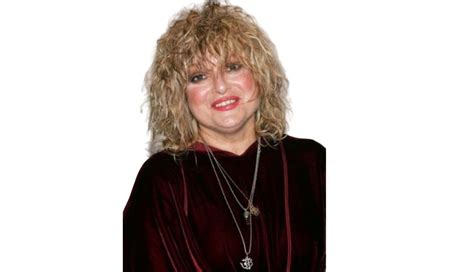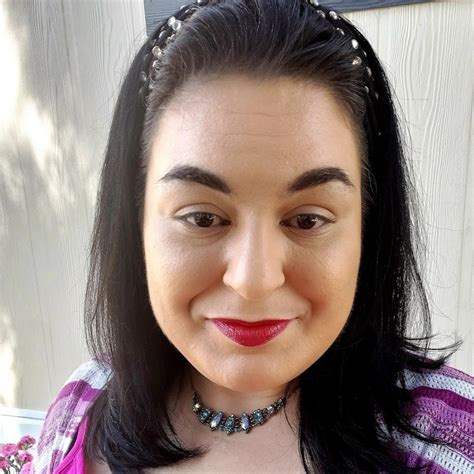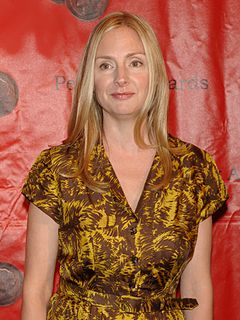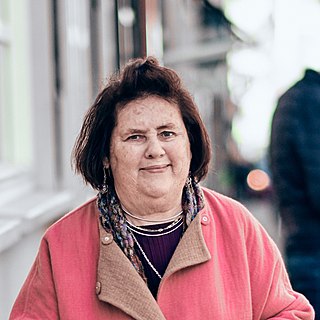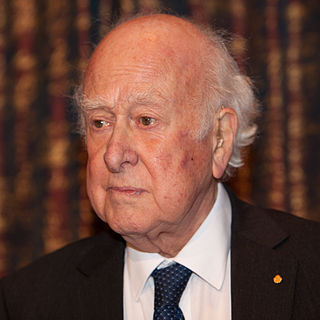Top 1200 Mid-Life Quotes & Sayings - Page 2
Explore popular Mid-Life quotes.
Last updated on April 16, 2025.
I drifted into a career in academic philosophy because I couldn't see anything outside the academy that looked to be anything other than drudgery. But I wouldn't say I 'became a philosopher' until an early mid-life crisis forced me to confront the fact that, while 'philosophy' means 'love of wisdom', and 'wisdom' is the knowledge of how to live well, the analytic philosophy in which I had been trained seemed to have nothing to do with life.
I'd be totally exhausted by mid-afternoon, and I could barely climb the stairs at home. It was particularly alarming because all my life I'd enjoyed doing all my own stunts in shows, taking on every physical challenge. Yet suddenly, I'd become like a very old man. I knew something was wrong, but I had no idea what.
When I first decided I was going to have a go at writing a book - and really, it was a mid-life crisis - I was 39. I was in business with my husband; we had a very busy lifestyle and quite a hectic schedule running this flourishing business in travel, and I found myself waking up and realising that I didn't want to do this anymore.
And it was back in the mid-1980s, and as I point out in a piece, that was when we are spending about eight percent of our gross domestic product on health care. And even then, we had the impression that so much of the excessive, aggressive medical treatment that took place at the end of life was not only unnecessary but it was cruel.
I was working on other things and I wanted to make a film, and I had some ideas brewing in my head. Brandy's [ Burre] circumstance was such that I didn't really know what was going to happen. That was obviously a surprise, but I knew she was in her mid-to-late thirties and she was starting to really think about her life in a way that really appealed to me, appealed to the women that I know in my life.
There is a time in our lives, usually in mid-life, when a woman has to make a decision - possibly the most important psychic decision of her future life - and that is, whether to be bitter or not. Women often come to this in their late thirties or early forties. They are at the point where they are full up to their ears with everything and they've "had it" and "the last straw has broken the camel's back" and they're "pissed off and pooped out." Their dreams of their twenties may be lying in a crumple. There may be broken hearts, broken marriages, broken promises.
There you'll find the place I love most in the world. The place where I grew thin from dreaming. My village, rising from the plain. Shaded with trees and leaves like a piggy bank filled with memories. You'll see why a person would want to live there forever. Dawn, morning, mid-day, night: all the same, except for the changes in the air. The air changes the color of things there. And life whirs by as quiet as a murmur...the pure murmuring of life.
It's been a part of my game for life. It's tougher to finish in the lane so you've got to find different areas to score efficiently and the mid-range contested shot is a shot a lot of teams will live with. And it's a shot I'm willing to live with as well just because I've gotten so many shots at it and I'm comfortable with it.
For the first time in my life, in my mid-20s, I started to question things. Had I been deceived? I thought I had been destined for something great - to be Whitney Houston or Jennifer Holliday or Phylicia Rashad. I started to realize that a lot of people think that, and it doesn't happen for almost everyone.
The ballet. I saw in the fugitive beauty of a dancer's gesture a symbol of life. It was achieved at the cost of unending effort but, with all the forces of gravity against it, a fleeting poise in mid-air, a lovely attitude worthy to be made immortal in a bas-relief, it was lost as soon as it was gained and there remained no more than the memory of an exquisite emotion. So life, lived variously and largely, becomes a work of art only when brought to its beautiful conclusion and is reduced to nothingness in the moment when it arrives at perfection.
The main thing about the character [in the Ordinary World] is that he loves music, and he shares it with his daughter. He's having a mid-life moment, and it's a small moment, really. I think that the character actually really loves where he's at, in his life. He's just trying to have it make a little bit more sense while he figures out what he actually wants to do with it.
By the mid-'80s, it was really apparent to me that I really needed to stop losing myself in my work and in my addictions. What happens is you just wake up one morning and feel absolutely dead. You can't even drag your soul back into your body. You feel you have negated everything that is wonderful about life. When you have fallen that far, it feels like a miracle when you regain your love of life.
I have not spent years in therapy; I tried therapy in my mid-twenties, and it did not go very well. I just thought, 'This is so not for me. I would rather talk to one of my girlfriends.' I'm not at a point in my life when I'm analyzing too much. I have young children, and I'm just pretty much crazed.
The argument that it is difficult to find women is complete BS. Any bank will tell you that the No. 1 employee they lose the most money on is the mid-tier female they bring on when they are 22 who leaves in her mid to late 30s. These are women they spend a ton of money training, and a ton of money attracting and hiring. And then they lose them. And they lose them for many reasons. They're going to other sectors, other industries. So for us in the financial-services world to say we can't find women is ridiculous. They are out there. We've done it here at Anthemis.


